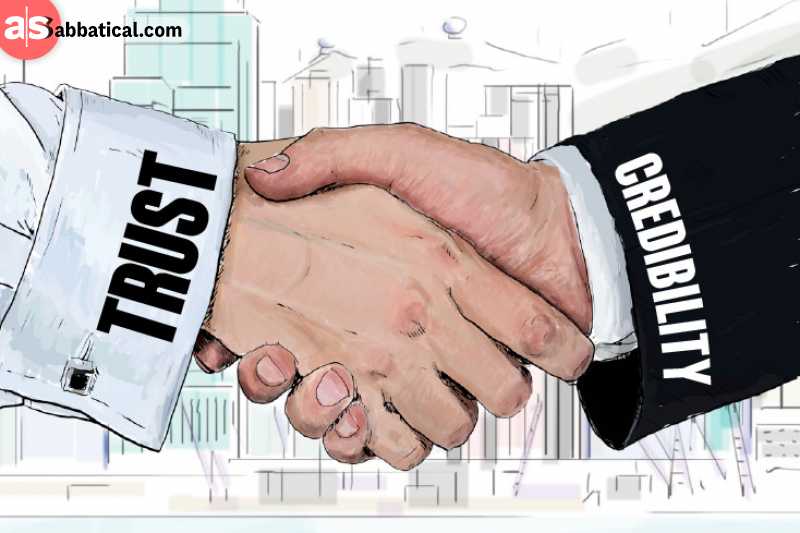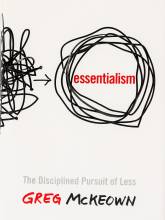Importance of Ethics in Journalism and Does It Matter?
Father of modern journalism, late Walt Lippmann believed that the role of a journalist changed over the years. They no longer investigate and provide us with verified stories. The control of media lies in the hands of corporate agencies, and no one cares about the importance of ethics in journalism.
Many propaganda techniques prevail, and it’s quite easy to manipulate the news to suit specific goals. Relevant stories are no longer related to the media groups, and all they care for, are profits. Nick Davies, in his book, explores various modern journalism tools used today and how they control the world.
He is an award-winning journalist and also, worked for some prestigious English newspapers including The Guardian. In the book, Flat Earth News he gives us a sneak peek into what happens behind the scenes at media outlets.
Listen to the summary at Blinkist or listen to the book at Audible and learn what is the importance of ethics in journalism.
How has journalism changed over the years?

Journalists in the early days were those who rushed to a site to cover an event – pleasant or unpleasant. They will note what they see, interview people and then create the stories based on their experiences.
But that’s not the case anymore. Thanks to cost-cutting, the journalists don’t have time for in-depth investigations.
On an average, journalists write about ten stories per day which is less than an hour per story, on a workday.
Do you see the problem there? The journalists don’t have any time to go out and investigate or talk to a witness. The layoffs, moreover, affected the regional journalists too, who helped the national newsrooms get stories from all the corners.
Corporate houses bought those regional agencies and dropped many employees off the list.
So, what do the journalists do now? They get help from the Internet and source stories from the reports published by wire agencies. The importance of ethics in journalism has lost its charm.
Journalism and Wire agencies

Among the principles of journalism comes the accountability. A journalist is responsible for checking the truth of the story (or stories) he is working on. But a study by the University of Cardiff shows that out of the 2,207 stories it examined, 60% were made from wire agency reports.
There weren’t any additional information, and research-based stories comprised of only 12%.
But are the wire reports reliable? – Another ethical issue in journalism: many times, journalists submit their story directly to wire agencies. The agencies then run the story, most of the time, without verifying it.
BBC’s internal guidelines, for example, states that the journalists must have two sources for a story. But, if the (only) source is the Press Association, they don’t need further verification.
And it is not a one-off case; media groups worldwide trust the big names like Associated Press (AP) and Reuters. Sad to say, but these wire agencies too, don’t investigate every story they receive. They just can’t.
They’re going through the same corporate-minded job pressure and cutbacks. They don’t have enough resources to investigate the stories. They rely on and run stories provided by the journalists in the local offices, who themselves don’t put much effort in the investigation.
Of course, the wire agencies can take stories from independent local media personnel, who themselves depend on the Internet. That way, the importance of ethics in journalism is lowered even more!
And then, there is propaganda.
How does propaganda work?

You know about media influence on human behavior, right? And you also, probably, understand the effects of propaganda on society.
According to the Cambridge Dictionary, propaganda means information or opinions that are spread with the intention of influencing people's opinions.
And governments use media manipulation techniques to control public opinion.
One of the prominent media manipulation examples is from the Cold War era. CIA deployed about 400 agents – disguised as editors and reporters – around the world. They also contacted others who agreed to write what CIA wanted. But that wasn’t the end.
Read more: Why I Stopped Watching News
CIA still controls at least one prominent media house in every country, says a former CIA agent. Some of the significant names are Paris Match (France ), Der Monat (Germany
), Der Monat (Germany ) and Encounter (UK
) and Encounter (UK ) which have active CIA involvement.
) which have active CIA involvement.
Thus, false information and propaganda keep circulating the world because of the lack of research and investigation.
There even are staged interviews, manufactured evidence and fake experts to influence media. PR companies set such things up, and the stats by the University of Cardiff shows that about 54% of the news articles in the UK, contains such materials.
So, yes, both the government and the private sector feeds you the news they want.
News agencies avoid risks

But do you know why journalism is important and what is the importance of ethics in journalism? Well, real journalists are meant to bring out the hidden truth behind incidents, and also safeguard our democracy. They are “free”… They used to be! But now, they are under the control of their bosses. Today, reporters can’t do anything that may harm profits.
Read more: What is the Impact of Media on Modern News
So, media outlets prefer those stories which don’t pose any risks of getting them into a potential lawsuit. Also, the chance of a story getting covered depends on the ease of work. Hurricane Katrina, in 2005, gained widespread media attention, but the situation was not the same with Hurricane Stanley, another deadly one. Why?
It’s because when Katrina was in action, media correspondents were already in place to cover it and thus, others got the story to publish.
The media houses are interested in selling stories created as cheaply as possible, and the importance of ethics in journalism has been sidelined. They will show cute videos and sensational stories of celebrities because that’s what sells.
So, if you want to see the return of the importance of ethics in journalism back again –
- Seek relevant stories and don’t believe in whatever you read.
- Keep yourself informed from multiple sources instead of relying on a (probable) propaganda source.
- And support those who care to bring out the truth. Many simply don’t, because of the fear of protests… and charges against them.
Let’s bring back the glory of journalism and the importance of ethics in journalism to its rightful place.
















